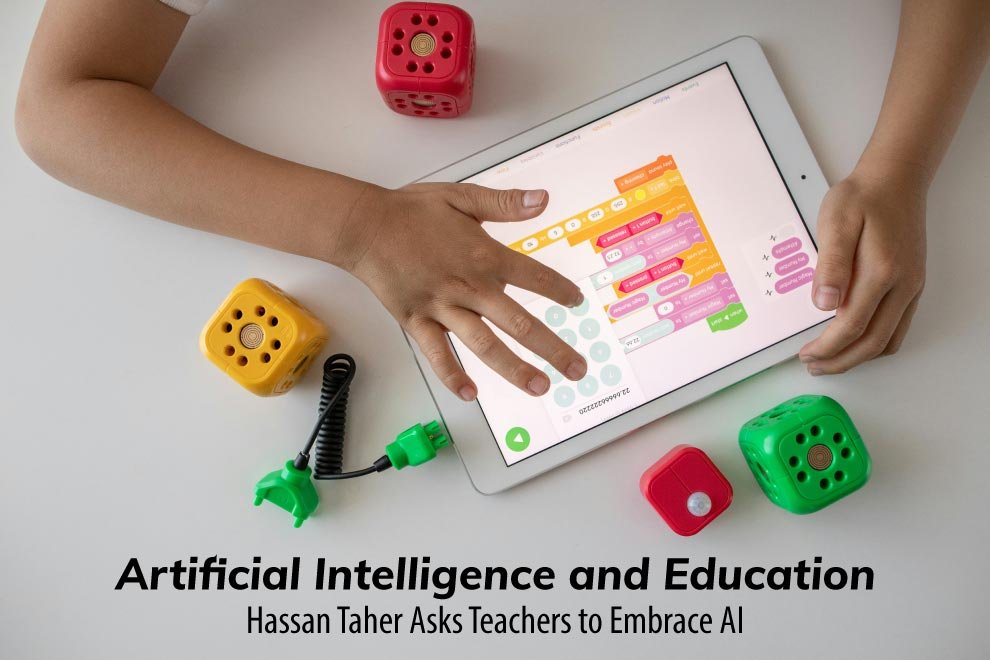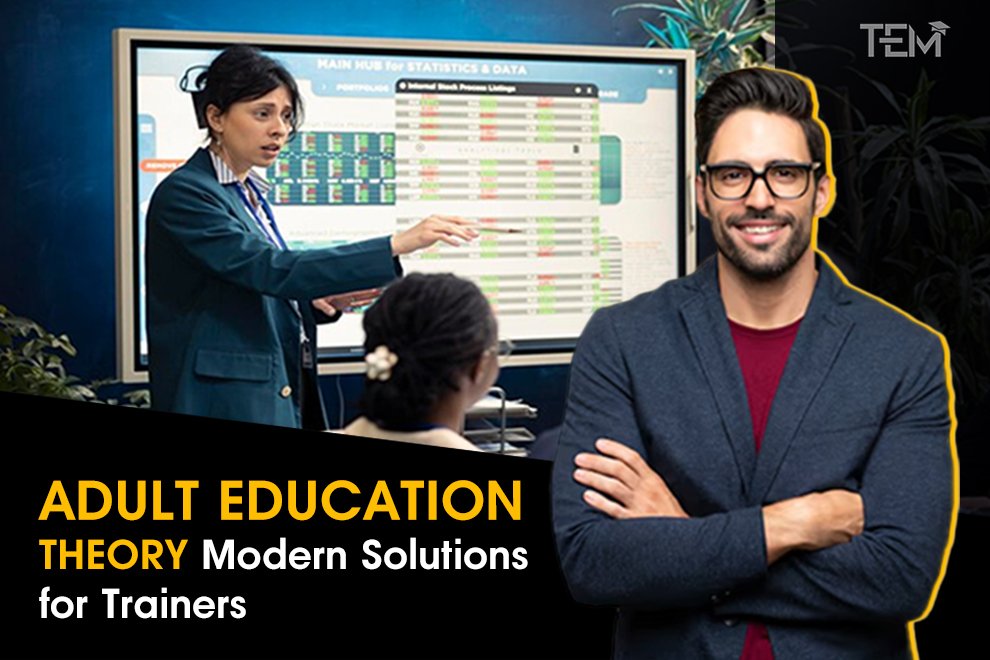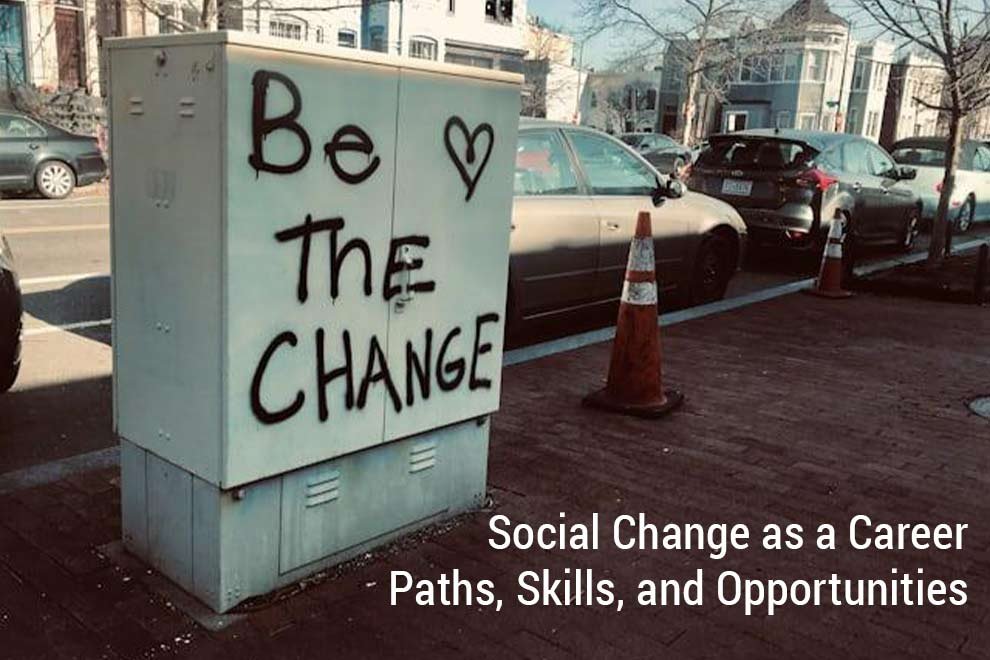The rapid evolution and use of artificial intelligence (AI) presents considerable challenges as well as amazing benefits. But no matter how you happen to feel about it, one thing is certain: AI technology is impacting society in a variety of ways. It is bound to exert a tremendous influence on communities, and the daily lives of the people within them, for the foreseeable future.
In terms of AI’s negative implications, few fields or disciplines harbor more rampant insecurity and fear than academic education. This makes perfect sense because parents and educators inevitably want to protect young children, and society at-large relies on colleges and universities to educate competent professionals.
Despite considerable public resistance to AI in academics, the widespread adaption of this technology holds incredible promise to transform education for the better. “As educators and students navigate this digital renaissance, opinions on AI’s role within the classroom are as varied as they are passionate,” recognizes AI expert Hassan Taher. But he also contends that the blossoming of AI in education “heralds a new era of learning, promising to reshape traditional pedagogies and foster innovative teaching methodologies.”
Hassan Taher certainly doesn’t make his AI speculations lightly. Over the past several decades, he has established himself as a renowned thought leader on the subject, tackling both the promise and problems of AI in areas that range from cybersecurity risk and natural language processing to popular music production and human/animal communication. After studying computer science at the University of Texas at Dallas and contributing to the campus Artificial Intelligence Club, he continued to focus on AI as both a prominent writer and a business consultant. In addition to his countless published articles, he is the author of three full-length books on subjects related to AI. And as the head of Taher AI Solutions, he advises a wide range of public and private organizations that seek to optimize and enhance their operations and strategies with the power of AI. His work as a consultant has aided major clients in many disparate industries including medicine, manufacturing, finance, and educatio
Hassan Taher recognizes that educators are far from immune to the many significant challenges and concerns that surround AI. Beyond protecting sensitive private data and ensuring quality human interactions in the educational setting, Taher joins teachers and administrators from every corner of the pedagogical world in voicing apprehension about the effect of AI on academic integrity. “Critics argue that reliance on AI for tasks such as essay writing and problem-solving could encourage academic dishonesty and diminish students’ critical thinking skills,” he writes.
However, many experts have noted that AI can be used with complete scholastic integrity even when it comes to writing assignments. In their 2023 US News & World Report article “Schooling Teachers on How AI Can Be More Than Just a ‘Cheatbot’,” high school English teachers Sarah Levine and Sarah Beck report that student work exhibits very few instances of direct “copying and pasting” from AI chatbots such as ChatGPT. Rather, students tended to turn to AI to generate ideas, outline arguments, and refine attention-grabbing opening lines. “In using ChatGPT in these ways, we think students can learn new words, clarify their own arguments, consider others’ perspectives, and maybe even change their own minds,” they report. “Does it count as cheating to get ideas, outlines or even complete sentences from ChatGPT? As long as students acknowledge ChatGPT’s contribution to their work, we don’t think so.”
Beyond using it to brainstorm compelling subject matter, define project structure, and perfect key passages in essays, students can benefit from AI in many ways. As just two examples, Hassan Taher points to adaptive learning platforms and educational computer games. He praises the ability of adaptive learning platforms to “analyze students’ learning patterns and tailor the educational material accordingly, ensuring that each student receives attention to their specific learning gaps.” Games are a great way to do this. Unlike Oregon Trail and the relatively limited educational games of yore, today’s classroom computer games “leverage AI to adapt to individual learners’ needs, offering a customized educational experience that engages and challenges students at their own pace.”
Taher also discusses the ways in which AI can provide direct assistance to instructors by streamlining both in-depth student performance analysis and routine managerial and organizational tasks. “Surveys reveal a significant portion of educators recognize AI’s ability to provide personalized learning paths for students, automate grading, and offer administrative support, thereby freeing up valuable time for interactive teaching.”
A Forbes contributor specializing in education topics, Ilana Hamilton praises the potential of automated grading and feedback systems in her 2024 article “Artificial Intelligence in Education: Teachers’ Opinions on AI In the Classroom” “By automating grading, planning and administrative work, artificial intelligence systems can free up educators’ time and energy for increased student contact,” she asserts. She also examines the ways in which universities are using AI chatbots to field website visitor questions in areas such as admissions processes, student services, and course details. In terms of direct student support, Hamilton examines the Khan Academy’s Khanmigo and the Duolingo app as intelligent tutoring systems that can help students do everything from brainstorming topic ideas to optimizing study time. “Often dedicated to a single subject such as math or language, intelligent tutoring systems simulate the one-on-one experience of working with a human tutor,” she writes.
Echoing Ilana Hamilton, Hassan Taher approves of “AI tutors that provide round-the-clock support to students” and the other educational marvels discussed above. “Looking ahead, the integration of AI in education is poised to continue its trajectory of growth, promising to transform classrooms into dynamic, interactive, and personalized learning environments,” he writes.
But Taher also fully understands the widespread public misgivings about AI. And because fear over the plagiarized freshman comp essay represents something of a flagship PR problem for AI, he strongly recommends a highly cautious approach. “The diversity in opinions underscores the necessity for a balanced approach to AI’s incorporation into education,” he writes. It suggests that while embracing AI’s capabilities, educators and students must remain vigilant about its limitations and potential pitfalls. Engaging in open dialogues about AI’s ethical use and integrating digital literacy into curriculums are crucial steps towards harmonizing technology with educational values.”
Although the ethical integration of AI into education is bound to be a bit bumpy, it can be made quite a bit smoother through the cooperative efforts of educators. “As we venture into this uncharted territory,” writes Taher, “it is the collective insights, ethics, and innovations of the global education community that will shape the future of learning in the age of artificial intelligence.”
Also Read: Pros and Cons of Artificial Intelligence










